Using Social Determinants of Health to Better Support Vulnerable Families in Our Community
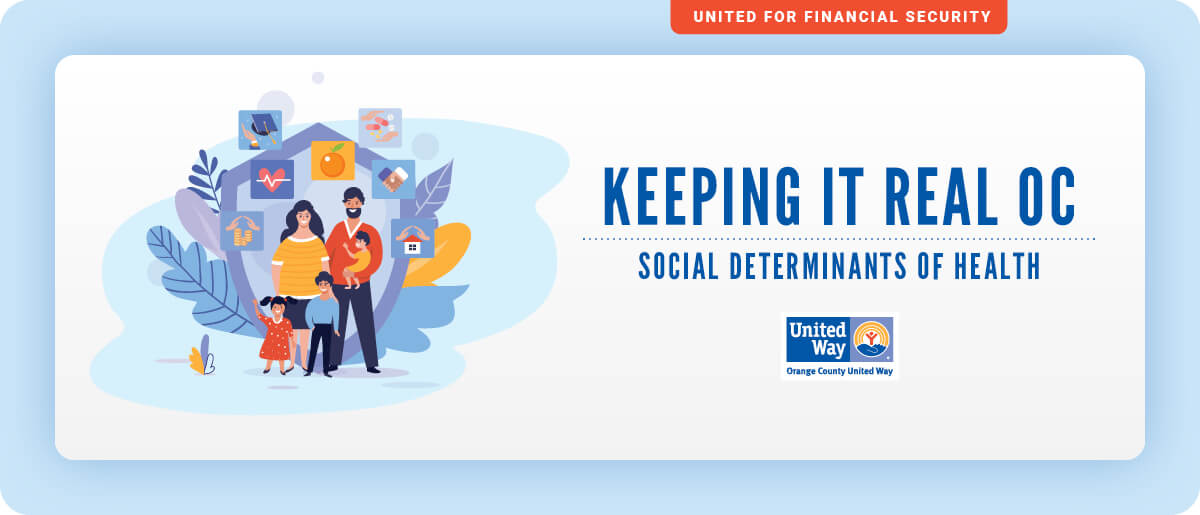
Over the last year, countless families in our community found themselves facing new levels of hardship amidst the COVID-19 pandemic. Many of the factors that affect health and well-being are interconnected, meaning that, when we experience trauma, it creates a domino effect and influences all areas of our lives.
Not surprising, the effects of trauma are severe and usually experienced in the short and long-term. It’s uncommon that people bounce back quickly (or at all) from traumatic events that drastically influence their health and financial stability without some level of assistance. This is why it’s crucial to provide the appropriate support to vulnerable families now so that trauma does not become ongoing and generational.
We’ve learned that by using the social determinants of health (the conditions that affect quality of life: safe housing, quality education, jobs with living wages, inclusive and equitable opportunities, access to nutritious foods, etc.) as a guide, we are better equipped to understand and address the obstacles families are facing. This guide has become critical to our work by showing us that families in crisis are rarely struggling with a single, isolated issue. For example, if they’re experiencing housing instability, they are most likely also facing food insecurity, unemployment, or underemployment.
How does this information affect our work?
We can’t just spot treat the problems. We must strive to look at every situation from all angles and consider each factor at play when seeking to provide solutions for families. In short, we can’t double down on financial stability without also focusing on access to quality education and healthcare.
Our goal is to always provide comprehensive support—for example, by closing the digital divide, providing rental and/or food assistance, healthcare enrollment, financial wellness coaching, skills training, and pathways to livable wages.
Moving forward
There is a real opportunity for our community to continue to evaluate and rethink systems and set a higher standard of care across the board for families and individuals who are struggling in our community. As we do this, it’s important to remember that:
- There has to be a willingness to be flexible and pivot to remove obstacles at all costs for struggling families.
- We have to challenge and dismantle systems that perpetuate racism and discrimination, and that threaten equitable services and outcomes.
- Public Policy and Advocacy have to be actively in play with a focus on increasing access to public assistance and promoting equity in housing, education, and healthcare.
- Programs must look beyond short-term solutions and provide families the ability to continue to stabilize over time.
At Orange County United Way, we are working diligently and holistically to make sure we are doing all we can to fund, advocate, collaborate, and educate in order to help families transition from surviving to thriving.
Some ways we can all help:
- Become informed: when you know better, you do better.
- Become a community champion: speak up at city council meetings and community forums to advance equitable solutions.
- Work together and across aisles: there is great power in working together for good.
- Be the change you want to see: get involved!
Want to get involved?
If you would like to get involved, we encourage you to:
- Subscribe to our newsletter to stay up to date on our work.
- Donate to Orange County United Way to support our programs.
- Volunteer to help.
—
If you would like to re-watch the Keeping It Real OC: Social Determinants of Health event or share it with your network, check out the recording below!
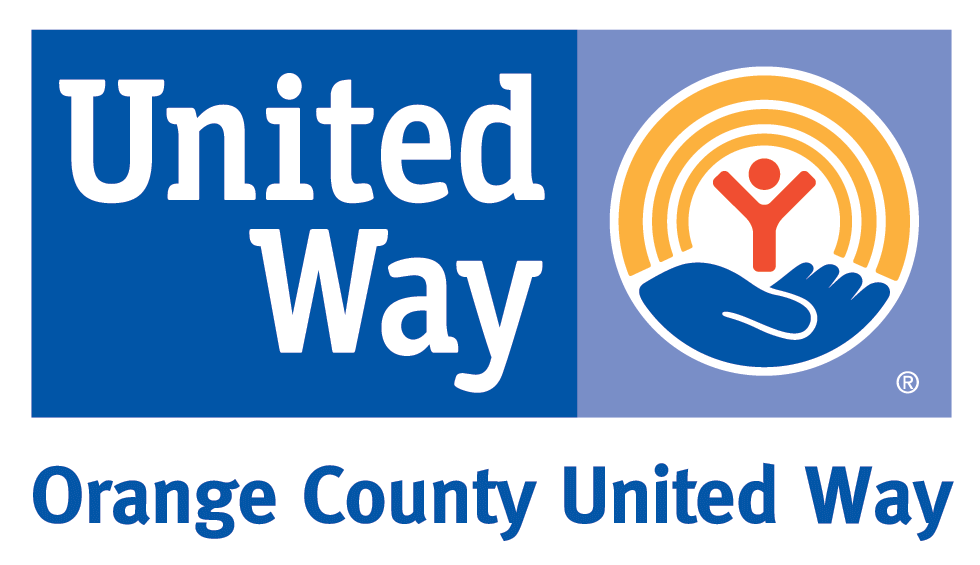

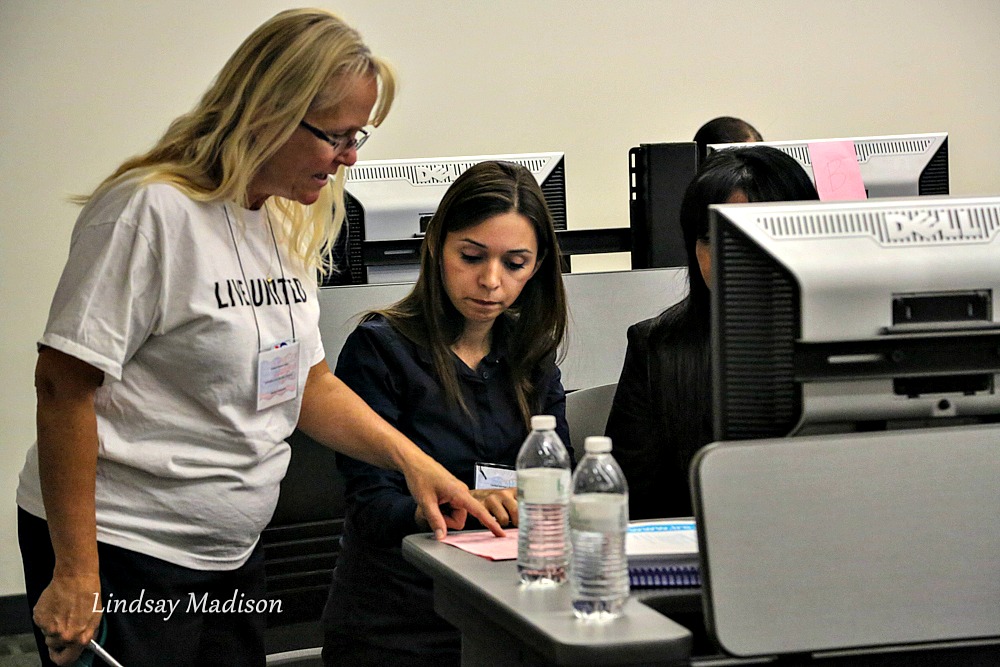
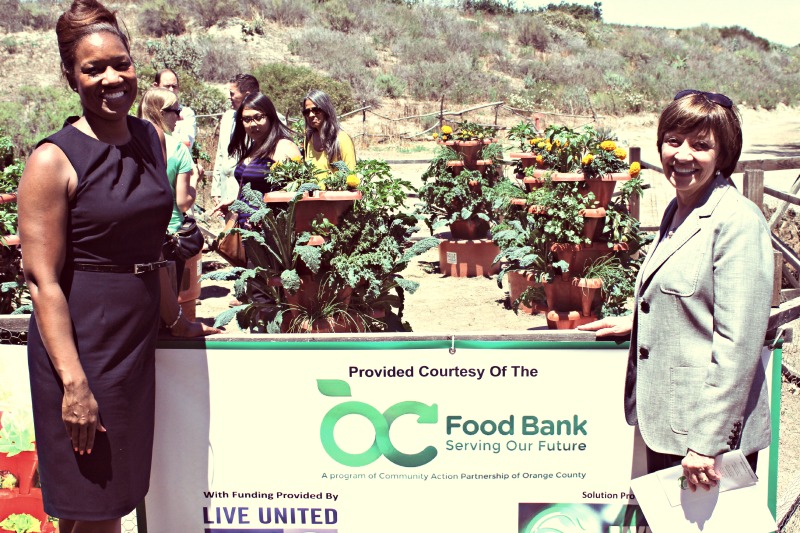
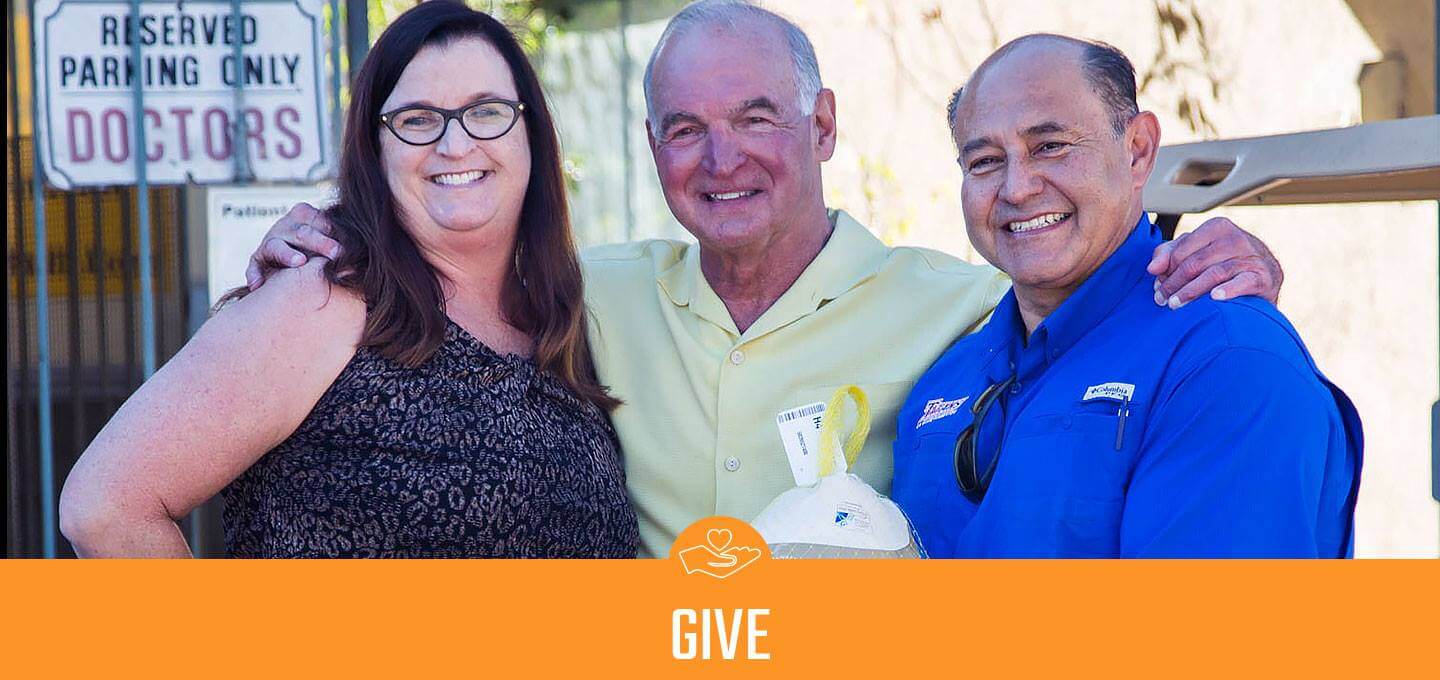



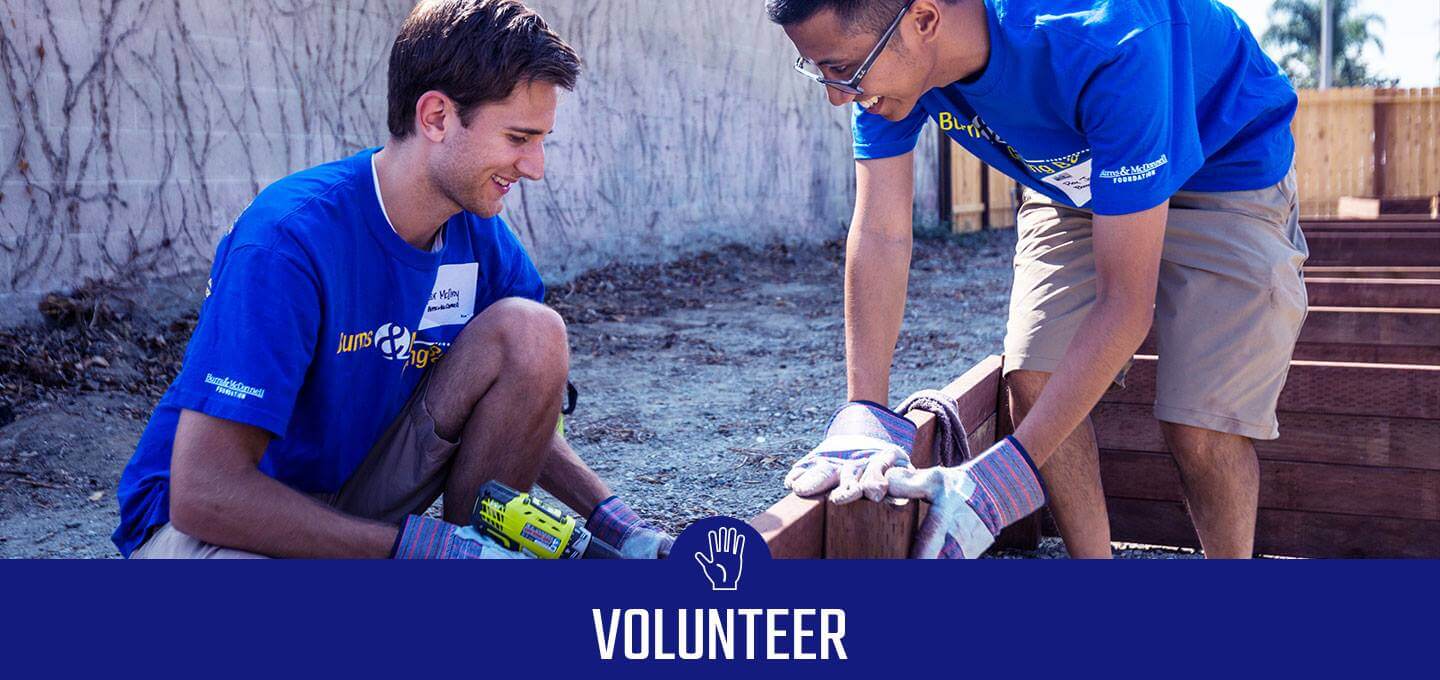

I need housing please
I need housing
Nice article! Thanks for sharing this informative post. Keep posting!